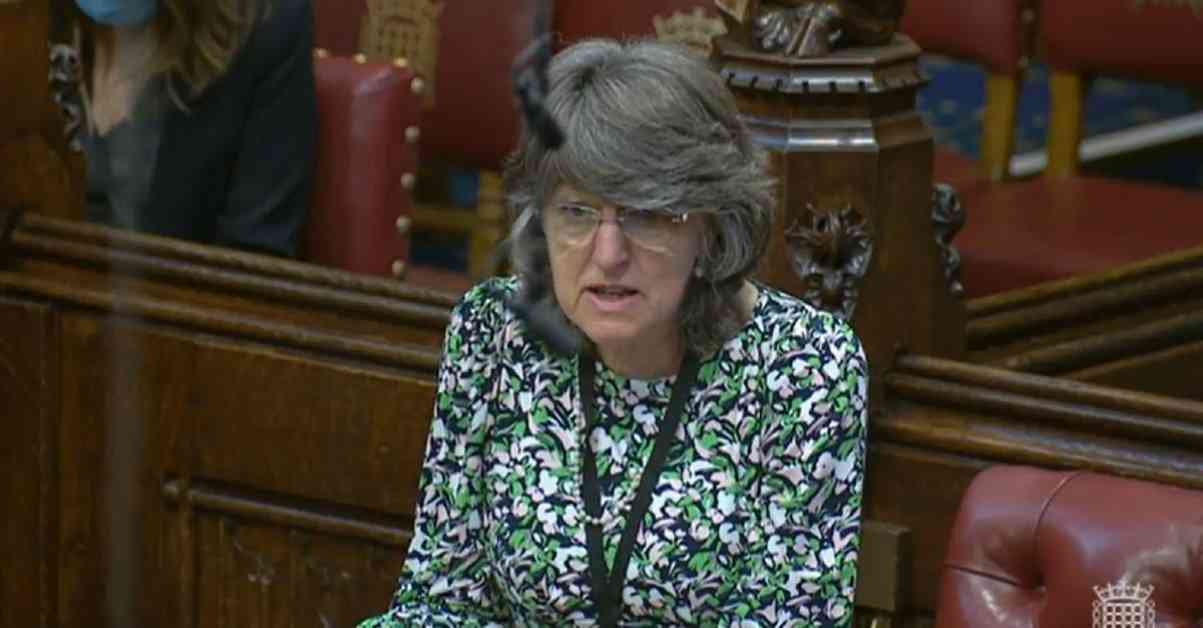Your support helps us to tell the storyFrom reproductive rights to climate change to Big Tech, The Independent is on the ground when the story is developing. Whether it’s investigating the financials of Elon Musk’s pro-Trump PAC or producing our latest documentary, ‘The A Word’, which shines a light on the American women fighting for reproductive rights, we know how important it is to parse out the facts from the messaging.
Coercion by doctors and other members of the medical profession poses one of the biggest dangers to vulnerable, elderly, and disabled people if assisted dying is legalized, a leading consultant has warned.
Baroness Llora Finlay, a consultant in palliative care and a member of the House of Lords, expressed her concerns about the difficulty in detecting coercion in patients. She highlighted the risks associated with coercion as the UK prepares for a significant debate in the Commons regarding Labour MP Kim Leadbeater’s assisted dying Bill.
Baroness Finlay’s warning comes in the wake of Canadian Roger Foley’s testimony, where he alleged that medical professionals in Canada had pressured him to consider assisted dying due to his severe neurodegenerative disease. This serves as a cautionary tale for UK MPs considering similar legislation.
The safeguards proposed in Kim Leadbeater’s bill are said to be the strictest in the world, with endorsements from prominent figures like former prime minister Lord David Cameron and former health secretaries Andy Burnham and Matt Hancock. However, concerns about coercion persist, especially with regards to elderly individuals who may feel pressured to end their lives prematurely.
Baroness Finlay raised the issue of doctors suggesting assisted suicide as an option to patients, emphasizing the coercive nature of such suggestions. She pointed out that doctors, under pressure related to bed spaces, could inadvertently coerce patients into making irreversible decisions.
Moreover, the pressure individuals place on themselves, believing they are burdensome, and the influence of family dynamics, including financial concerns and inheritance disputes, can further exacerbate coercion towards assisted dying.
As the historic vote looms, the outcome remains uncertain, with a narrow margin between those in favor and those against the bill. The warning from Roger Foley, detailing his negative experiences under Canada’s assisted dying law, serves as a stark reminder of the potential dangers of coercion by medical professionals in such scenarios.
Foley’s plea to UK politicians to consider the implications of passing the Assisted Dying Bill sheds light on the need for rigorous safeguards and thorough monitoring to prevent coercion and protect the vulnerable.
In a time where the debate around assisted dying is gaining momentum, it is crucial for lawmakers to carefully consider the risks and implications of such legislation to ensure that vulnerable individuals are not subjected to coercion or pressured into making irreversible decisions about their lives.












